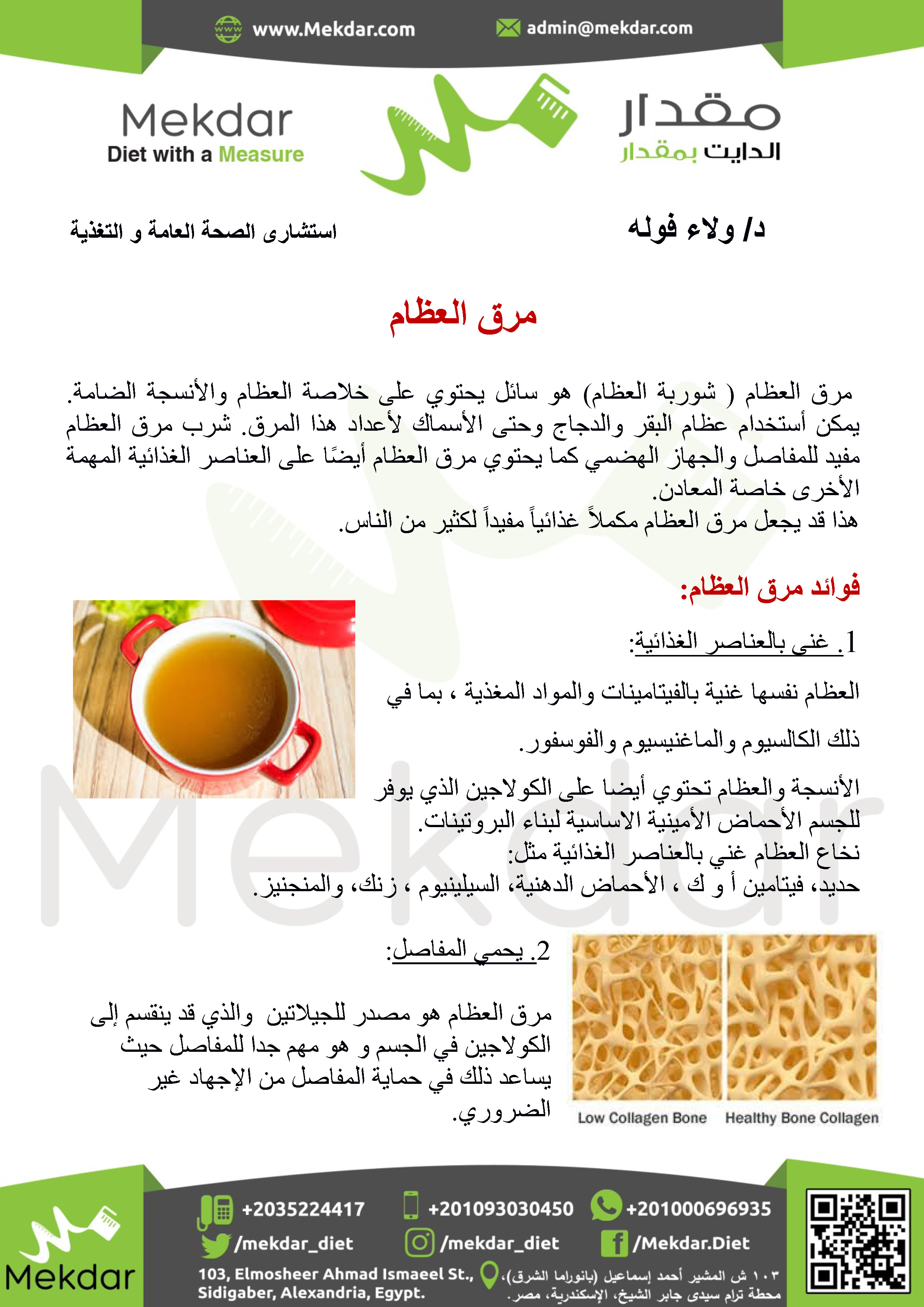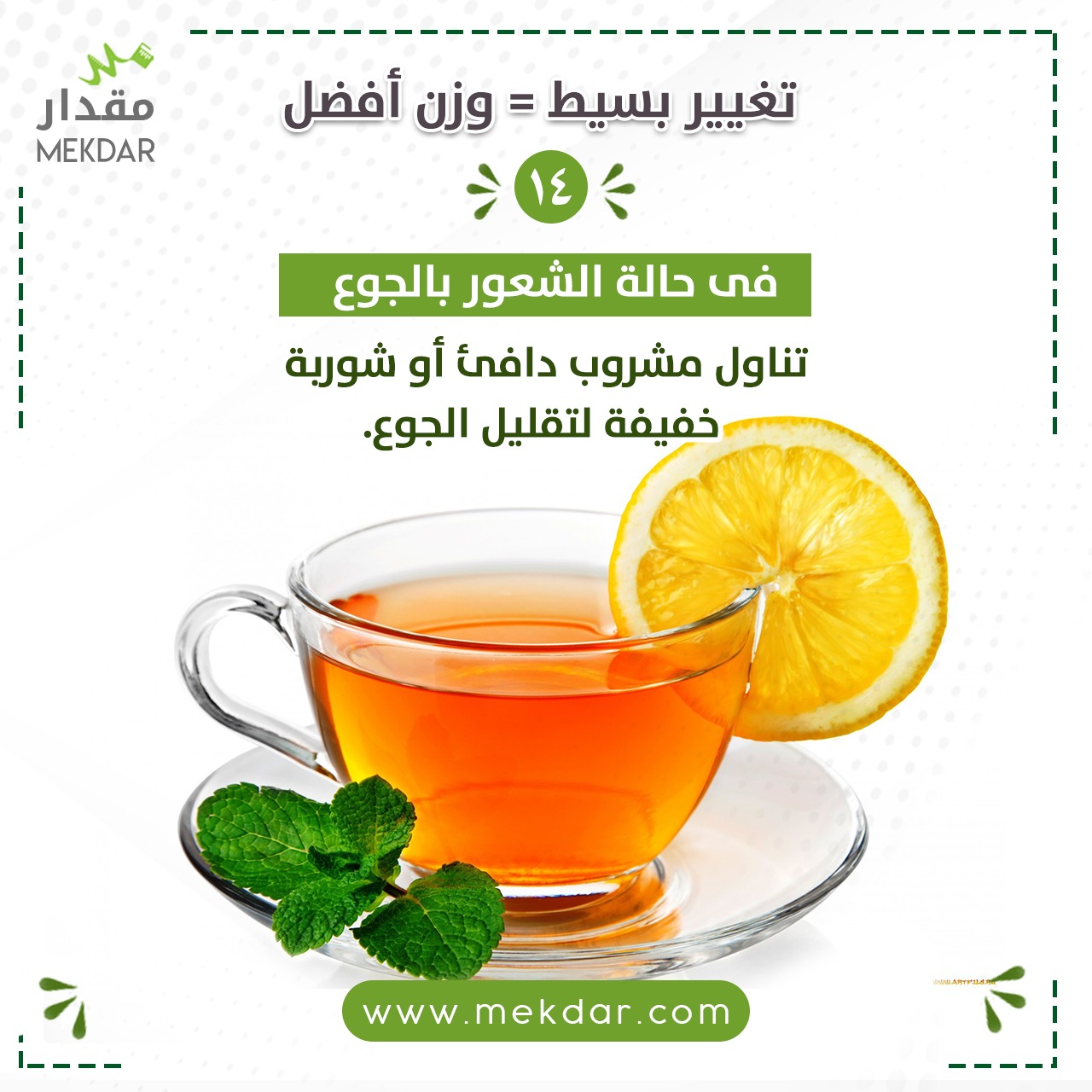"I have been skeptical of using the application since its launch because I was at my lowest commitment levels, and I was worried that the app would worsen the case because of the lack of human face to face interaction. I was then forced into using it because of the global COVID-19 pandemic and now I'm wondering why I haven't adopted it earlier. It's very user friendly especially with the augmented reality portioning tool. Dr. Waleed is very responsive as well on the chat tab whenever I have any inquiry he happily responds. It's also environmentally friendly and an anti-clutter tool since I receive a soft copy of the diet plan and no paper waste is involved. I highly recommend it especially if one isn't full time in Alexandria to go for doctors appointments. Two thumbs up"
ياسمين حسن عطية

قبل مقدار

بعد مقدار
Thanks for the shape I became now
محمد عبد المنعم السيد موسى

قبل مقدار

بعد مقدار
thnx dr waleed you change my life
يحيى شريف الحلفاوى
"highly recommended to anybody trying to loose weight
great application with highly qualified doctors
thanks Mekdar for improving our lifestyle"
hadeerfoula
"Great application , lost 10 kilos in 2month , very reasonable diet i have been eating all sort of foods including chocolate and popcorn
Really enjoyed it"
ali elshahawy
"Perfect"
Ahmed Amr Ahmed

قبل مقدار

بعد مقدار
نزول الوزن بدون حرمان
عادل محمد عبده أمان
"دكتور وليد مريح جدا وفاهم"
مها على رضوان
"تجربة ناجحة جدا الحمدلله من اهم مميزاتها الرقابة على النفس وتنوع النظام بصورة اسبوعية بطريقة منظمة تبعا للوزن ورؤية الطبيب والنتيجة المرضية بعدفترة تصل الى اربع اسابيع تعطى رؤية حقيقية وشاملة .
وشكرا للتطور والتحديث الرائع والمريح موفرا كثيرا من الوقت ومحفزا لجعل النظام لايف ستايل فى مابعد مرحلة التثبيت ان شاء الله"
Dina Abd Elrahman
"ياحماعة الدكتور وليد فؤاد ده حاجة لاتوصف اقسم بالله بعد ربنا سبحانه وتعالى هو صاحب فضل كتير عليا وعلى اسرتى يكفي اني بطلت اخد الانسولين وتحاليل السكر والكلوستيرول مثالية والاهم بقى انى نزلت حوالى30كيلو فى ثلاث شهور وصحتى بفضل الله ومجهود دكتور وليد بقت احسن كتير اقسم بالله هذا الرجل لا صاحبى ولا قريبى ولكنها كلمة حق لازم تتقال"
سمير شريف ابراهيم
"ممتازه"
خديجة محمد سلامة
"دكتور محترم ونظام فعال جدا"
على السيد على بسيونى
"دكتور وليد ربنا يبارك لحضرتك في علمك وعملك من أحسن التجارب اللي جرتبها نظام الدايت مع حضرتك بشكرك جداااااا"
حسن السيد حسن السيد
"The best Nutritionist ever
مش مجرد نظام غذائي لكن بيتم التعامل مع كل حالة حسب حالتها الصحية و ظروفها و مواعيدها و الاكل المحبب
الدايت مع مقدار مش حرمان لكن التزام و تقنين للكميات حسب حاجة كل جسم
شكرا لمجهود حضراتكم د وليد"
دينا سمير السيد
"وايد سهل علي متابعة جدول الدايت والتواصل مع دكتور وليد وفعلا نزول ملحوظ بالوزن مع الالتزام والتطبيق جدا جميل لسهولة التواصل والمناقشه والسؤال في اي وقت مع الدكتور وكل الشكر لدكتور وليد على التعاون والصبر والرد على جميع استفساراتي بكل وقت"
Nawal Alshibah
"دكتور وليد ممتاز جدا اللهم بارك.. كفاية إنه بشوش وبيسمع بالتفاصيل علشان يدي نظام مناسب جدا للحالة والسجل المرضي بتاعها ?.. وبصراحه مكنتش بخس بقالي كتير والحمد لله خسيت كويس جدا من أول أسبوعين"
آلاء على خميس
"مع دكتور وليد و المتابعة بتطبيق مقدار النظام الغذائى يكون أسهل و مشجع و يعيد الحماس كل اسبوع و كل شهر لإستكمال و الإستمرار نزول الوزن"
جوليا يوسف زكى
"فعلا الدكاتره قمه فى الذوق والتفاهم و
very supportive
والتطبيق نفسه سهل كتيرجدا بدل المواعيد والوقت والحمد لله كانت تجربه حلوه شكرا بجد"
Nermeen Attiya
"جميل جدا يادكتور غير مرهق فعلا ربنا يكرمك ويزيدك من علمه يادكتور وليد"
نجلا احمد سليمان
"ابلكيشن مقدار هايله و فيها سهوله في التواصل مع الدكتور في أي وقت عن طريق المحادثه أو الشات زائد طريقة د.وليد أكثر من محترمه و في نفس الوقت لطيفه و متفهم لكل ما نمر به من ضغوط في حياه يؤدي للخبطة نظام الدايت"
Amro Mourad
"dr. Walid is always available replying to my texts, the staff are very friendly and helpful, the app is awesome .. thank you"
محمد ياسر الفطاطرى
"امهر أطباء تغذية تعاملت معاهم"
امانى فاروق محمود
"د. ولاء فولة الصراحة دكتورة فى غاية الاحترام وتحسى بالراحة معاها وهى بكتبلك الدايت وبتاخد رأيك كمان لو فيه حاجة مش حباها تكتبلم بديل ليها و الدايت معاها مش متعب أبدا وبعد مرتين تلاتة بيبقى خلاص اتعودتى على النظام وبيبقى هو life style بتاعك على طول وكمان بتكتبلك وصفات الاكلات بطريقة سهلة وبسيطة
غير كمان طريقة الاستقبال فى الريسبشن منتهى الزوق ❤️❤️❤️❤️❤️"
جينا عزت توفيق
"ابلكيشن ممتاز ورائع وبيساعدني جدا"
شيماء محمود عبد النبى العيسوى
"حسن المعامله و نظام الدايت مريح وسهل و دكتوره ممتازه"
مريم عصام محمد على
"دكتوره ممتازه و نظام غذائي جيد جدا"
يارا وائل محمود
"Nice app & Professional
Doctors & staff"
نيفين يونس
"حلو اوي النظام د وليد ود ولاء بصراحة بتابعة بسرعة جدا"
غادة يحيى سلطان
"بصراحة كل حاجة فوق الممتازة من حيث المواعيد و الالتزام و نظام المتابعة كان تجربة جديدة بس فعلا ناجحة جدا
و كل الأنظمة الغذائية مريحة مفيش فيها جوع و لا تعب و النتائج بصراحة مع دكتور وليد ماشاء الله هائلة
ربنا يوفقهم"
منى انور خميس
"النظام مشجع جدا و يخليك تحب الدايت و الحمد لله النتائج ممتازة و مرضية جدا .. شكرا د. وليد"
ضحى محمد نجيب
"دكتورة ولاء ممتازه و النتيجه حلوه جدا ده غير الراحه النفسيه ف المكان"
ريم رجب محمد
"Very good app"
نور الهدى اسماعيل محمد
"متابعة ممتازة ونتيجة هائلة
بجد شكرا لكل العاملين فى تطبيق مقدار كان ليكوا فضل كبير فى تغيير حياتى"
اميرة على عبد المقصود
"دكتور وليد دكتور ممتاز جدا جدا والأنظمة مريحة ومتنوعة ومتابعة رائعه وتطبيق سهل وعملى بجد مبسوطة جدا بالتجربة معاهم"
منار مهاب مسعد
"ممتاز برنامج هايل و المعامله جيده جدا"
كريم فؤاد عبد القادر عتمان
"More than wonderful"
اسيا يوسف شفيق
"بجد دكتور شاطر جدا ربنا يكرمة وكمان مكان وسكارترية والأبلكشين سهل تعامل بية"
روجينا بهاء شريف
"دكتور ولاء ماشاء الله ممتازة انظمة الدايت مرنة وتغطى كل احتياجات الجسم اول مرة اخس بدون ضعف اوتعب والتطبيق مقدار رائع جدا يسهل التواصل مع الدكتور فى اى وقت ...لكم كل التقدير"
امنية كامل محمود عبد الله
"تطبيق مفيد جدا ساعدنى فى خسارة الوزن"
سوسن سعيد اسماعيل
"تطبيق رائع جدا سهل الاستخدام مفيد فى خسارة الوزن ومسهل التراسل مع دكتور وليد فى اى وقت"
ايهاب محمد عطا
"احسن دكتور فالدنيا والله و احسن معامله و انا مفيش حد بيشوفني الا لما يسالني انا خسيت كده ازاي بجد ميرسي اويييي ♥️♥️♥️"
رويدا اكرم طه
"ممتاز جدا ودايت حلو ومتنوع ونزول فى الوزن ممتاز ❤️"
ايه محمد السيد سلامه
"احسن دكتور في الدنيا بتعامل مع عيادته من سنة ٢٠١١"
منى فوزى يوسف الشرنوبى
"طبيب منتهى الذوق والاحترام
العياده تحظى بمساعده لاتقل فى التقدير عن الطبيب
الاهتمام بالمريض عالى جدا
الحمدلله خسيت فى خلال شهر واسبوع ٨.٧ كم
لسه التجربه مستمره باذن الرحمن اسجل معدل احسن وربنا يهون الرحله
مع خالص شكرى وتقديرى"
اميرة فؤاد حسن
"جميل جداااا و أن شاء الله أوصل للمثالي معاكم"
Maha Ghallab
"انصح باستخدام نظام مقدار لنظام حياة صحي وسعيد ،احب اشكر الدكتور وليد علي اهتمامه الدائم والأستاذة ايمان لحسن استقبالها و معاملتها"
سوزان عوض خلف الله الدابى
"دكتور وليد من احسن دكاتره التغذيه ف الخبره والتعامل. حقيقي انا عمرى ما عملت دايت بس هو قدر يخليني التزم بدايت سهل ف التنفيذ ومؤتر جدا ف النتيجه.. بلس ان الابلكشن سهل المتابعه جدا. حقيقي تجربه انصح اي حد بيفكر يعمل دايت انه يخوضها"
سهى عصام عبد العال سليمان
"The best experience ever!
عمري ما كنت اتخيل اني حعرف اخس من غير عذاب و مجهود بجد دكتور وليد ممتاز و كفاية ان مفيش حرمان و لا نظام قاسي شكرا بجد"
نوران محمد نجيب
"برنامج رائع وتجربه مميزة . .. دكتورة ولاء اسلوبها مميز وصبورةوالكلام معها يعطيك راحه وطاقة ايجابيه لا توصف بارك الله لها وفيها"
اسماء محمود السيد الشرقاوى
"اكتر من ممتاز الصراحه ود وليد متفهم جدا وممكن النقاش معاه في كل حاجه ومتاح في كل وقت ومن اول ما بدات محستش بحرمان خالص"
حنان محمود الجزار
"كنت خائفة جدا من فكرة الدايت ،لكن الدكتور وليد صحح لي كل الأفكار الغلط ويعني ايه نظام تغذية صحيح والحمد لله صحتي بقت أحسن ووزني بينزل بدون حرمان ،"
سوزان عوض خلف الله الدابى
"An awesome app that helped me lose weight"
Mariem Elkholy
"بجد ابلكيشن هايل مش مصدقة انى وانا قاعدة فى البيت بمجرد ميزان وشريط قياس قدر اعرف تقرير دهون تفصيلى لوزنى والدايت المناسب ليا وكل خدمة العيادة تلقتها بمجرد تسجيلى ومن غير منزل من البيت
بجد شكرا لكل القائمين على هذا التطبيق فعلا الدايت اسهل مع مقدار"
جهاد احمد بدر
"انا رجعت أحب اتصور و اشتري لبس زي زمان .. شكرا د. وليد"
ضحى محمد نجيب
"تجربة رائعة انصح بيها اي حد عايز يخس وانا لسه تالت اسبوع لكن نزولي في الوزن كويس جدا والبرنامج اكتر من رائع ويكفي أن هنالك تواصل مع الدكتور طول الاسبوع وفي اي وقت ودايما بيكون فيه رد علي اي تساؤلات بأسلوب قمة في الشياكة لو فيه تقييم للدكتور والبرنامج والتجربة ككل اكيد حديهم 5من5❤️❤️❤️"
رحاب محمد السيد محمد
"تجربة أكثر من رائعة نظام غذائي بدون حرمان والبرنامج مريح جدا بعيدا عن ملل الانتظار في العيادات وفي نفس الوقت التواصل مع الدكتور بيكون طوال أيام الأسبوع في اي وقت من اليوم ودائما هناك رد علي اي تساؤلات في منتهي الذوق والرقي فعلا تجربة انصح بها اي شخص مقبل علي تجربة الدايت"
رحاب محمد السيد محمد
"الحقيقة كانت تجربة رائعة ومفيدة فقرت فى حياتى الصحيه كتير بفضل الله ثم دكتور وليد اللى قمة فى الاخلاق والذوق والاحترام وبيسمع لكل شكوى ويرد عليه انا باشكرة جدا ويارب تجعله فى ميزان حسناتك كل ما قدمته لى من فضل
هناء حمدى محمد"
هناء حمدى محمد
"ممتاز جدااااااا"
دعاء محمد توفيق على
"بسم الله الرحمن الرحيم احب اشكر الدكتور وليد صراحة ربنا يبارك ف صحته انظمة مريحة جدااااا جداااا بدن تعب ولا حرمان والله واللله والله انا فى شهر خسيت ٧.٨كيلو بدون اى علاجات
وان شاء الله مستمرة 💪💪"
دعاء محمد توفيق على
"ابلكيشن حلو جدااااا وسريع بيوصل للهدف بسهوله و التواصل ٢٤ ساعه ودكتور وليد من احسن الدكاتره الي عندهم ضمير فعلا"
Omnia Ayman
"I love mekdar app and I like how quickly my dr replies all my questions in a good and respectful way."
Nada Akram
"نظام لطيف وفعال وسهل ، ولم أكن اتصور أن يكون فعالا فى انقاص الوزن ، ولكنه أثبت العكس .. شكرا جزيلا دكتور وليد فؤاد"
سلوى محمد ابراهيم نعينع
"تجربة متميزة وفريدة ومريحة للطرفين .. إننى شخصيا سعيدة بها جدا وأشعر بالامتنان لهذه التجربة . سلوى نعينع"
سلوى محمد ابراهيم نعينع
"الحمد لله اول اسبوع ٣ كيلو"
اميرة هاشم على حسن
"Excellent and respective"
منى محمد كمال الديب
"فوق الممتاز ربنا يقدرني واكون عند حسن ظن حضرتك وجزاك الله عنا خيرا"
هند السيد اسماعيل
"تطبيق ممتاز وجزى الله صاحبه الجنة"
خديجة فرج حامد عبد الله
"الدكتورة ممتازة فاهمه وبتدي الحاله الوقت الكفي وبشوشه
والعيادة جميلة
تستاهل بجد خمس نجوم"
على محمود على عبد الرحيم
"اشكرك جدا يا دكتور وليد ، على المهنيه و الذوق و الاخلاق العاليه و الصبر معي و المرونه النصايح و التوجيهات التي يتم الرد عليها من قبلكم في او وقت ، داءما ما يوجه باسلوب بسيط و راقي و باسلوب علمي مقنع ،وكمان فكره الابليكيشين فكره ممتازه بتوفر الوقت و تشجع على الاستمرارية ، احب ايضا ان اشكر فريق عمل حضرتك ، اشكرك يا دكتور وليد و اتمنى لحضرتك كل التوفيق و النجاح يا رب"
Ibrahim Farghaly
"افضل دكتور تغذيه شاطر جدا متطور جدا اسلوب مهذب وجميل والريجيم كان ناجح حقيقي تجربه ممتازة"
مى محمد محمود رفاعى
"دكتور ممتاز صبور بناخدمنةطاقة إيجابية لتحمل الرجيم ونوعية الأكل الي موجود في بيت مفيش مصاريف زيادة يارب من نجاح لنجاح وصلت معه الى وزن مثالي"
Azza Azer
"، الانظمة الغذائية متوازنة و متنوعه فعلا و الابليكشن سلس فالاستخدام
ميرسي لاهتمامكم بينا و ذوقكم فالتعامل ربنا يوفقكم دائما"
ميرفت حسن احمد قاسم
"جزيل الشكر والامتنان لدكتور وليد على كل ما تقدمه من دعم ولطف وتقدير ورعاية تامة لجميع الحالات التي تشرف على علاجها، وبالفعل بسبب الابلكيشن سبب ان يسهل اشياء كثيرة مثل توفير الوقت وسرعة الوصول الى الدكتور و اذا احتاجت استشارة سهل الوصول الى الدكتور بيهل معرفة نظامى الغذائى و ارسال قياسات وزنى و يشجعنى على كثرة شرب المياه و الفضل يرجع للدكتور بسببه كل شئ اصبح افضل و جعلنى اتعامل مع الدايت و كأنه جزء من حياتى و اصبحت اكثر عناية و اهتمام بتفسى و افهم حالتى جيدآ اشكر دكتور وليد على كل ما يبذله من جهد على ان يكون دائما سبب فى شفائنا و يسهل كل شئ ممكن ان يكون صعب علينا ودائما
موجود فى اى وقت نحتاجه و لا انسى الاستاذة إيمان اشكرها على ابتسامتها
❤️دائما و الطاقة الايجابية و دائما موجودة للمساعدة فى اى وقت"
رنا هشام احمد مروان
"خدمة ممتازة
منتهي التعاون و الاهتمام و الشياكة ف التعامل"
نانسى كمال على مصطفى القشيشى
"بشكر دكتور ولاء لتطوير والمتابعة باستمرار"
ولاء ابراهيم السيد محمد
"تطبيق جميل و سهل و الأنظمة غذائية فعالة و مفيدة 😊😊"
الاء فايز عطية عوض
"Excellent 👍👍👍👍"
ليندا محمد فرغلى السيد
"الابليكشن حلو اووى ومفيد وسهل جدا فى الاستخدام ويسهل اووى التواصل مع دكتور وليد وبصراحة دكتور وليد فوق الممتاز ربنا يباركله يارب"
منار مهاب مسعد
"ماشاءالله ماشفت موقع للرجيم والتخسيس،مثل مقدار بغض النظر عن الرجيم المقدم الي فيه كل شي من التميز مكتوب بترتيب عجيب وبالالوان يفتح النفس وغير تنوع في الأكل والأهم هو الرد السريع على اي سؤال وغير الميزان الي يقيس،الدهون والأهم الخلق الي يتمتع فيه الدكتور وليد رب بحفظه ويحفظ معاه الطاقم الطبي وماننسى السعر المقدم اعتقد انه مناسب للجميع ولايقارن بالآخرين الي يقدمون أوراق مطبوعه ومدري الطب فشكرا لكم"
wasmiah alkhamis
"الحمدلله والصلاة والسلام على رسول الله عاجزة عن الشكر للدكتورة ولاء فولة التى لا تدخر مجهودا فى مساعدتنا والعمل على الوصول بنا للوزن المناسب والصحة الجيدة واشكرها شكرا خاصا للوقوف جانبى فى لحظات يأسي واستلامى ووقوفها جانبى كأخت فاضلة وشكر خاص لايمان التى تساعدنا فى مشوار الدايت مساعدة لا نستطيع اغفالها دمتم بخير وزادكم الله قدرا ومقدارا"
خديجة عبد العاطى وهبة
"تجربه رائعه"
يوسف احمد وحيد محمود
"ممتازين جدااا"
سمر سامى نوار
"الحمد لله ربنا وفقنى فى الاختيار لدكتورة ولاء فوله وخسيت معاها 11 كيلو مع انى فى تجارب تانيه كنت بفشل دائما"
هنية كريم جبريل
"بجد دكتور ممتاز جدا الدايت مريح جدااا ومتابعه فوق الممتاز"
سمر سامى نوار













